'I design flats I can never afford to buy'
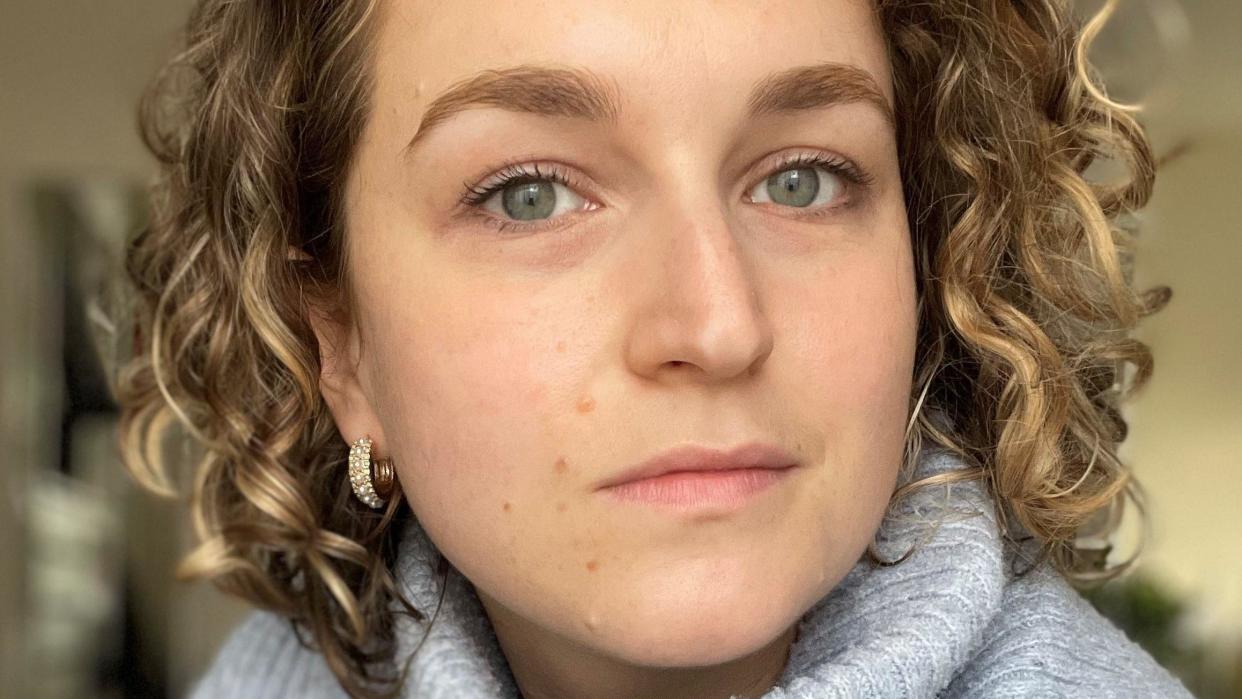
As Londoners head to the polls on Thursday, one issue likely to be on many renters’ minds is housing.
Many say ownership feels less attainable as rents eat more of monthly earnings.
Among them is Kate Ivinson, who currently lives in a £1,600-a-month one-bedroom flat in Stockwell, south London, with her partner.
The 29-year-old, who will qualify as an architect in September, tells BBC London: "I design other people's flats but I don't think I'll ever be able to afford to buy one."
Ms Ivinson says she and her partner were forced to leave their last flat in Wimbledon due to a no-fault eviction when the owners wanted to sell.
She says demand was so high when they were looking for somewhere last September that the lettings agent would take a video of the property for them - since it would likely be gone by the time a viewing was possible.
The Greater London Authority (GLA) says there are some three million people living in private rented homes in the capital.
And rents are rising - latest research from the Office National Statistics (ONS) shows that in London average rents have gone up by 10% in the last year.
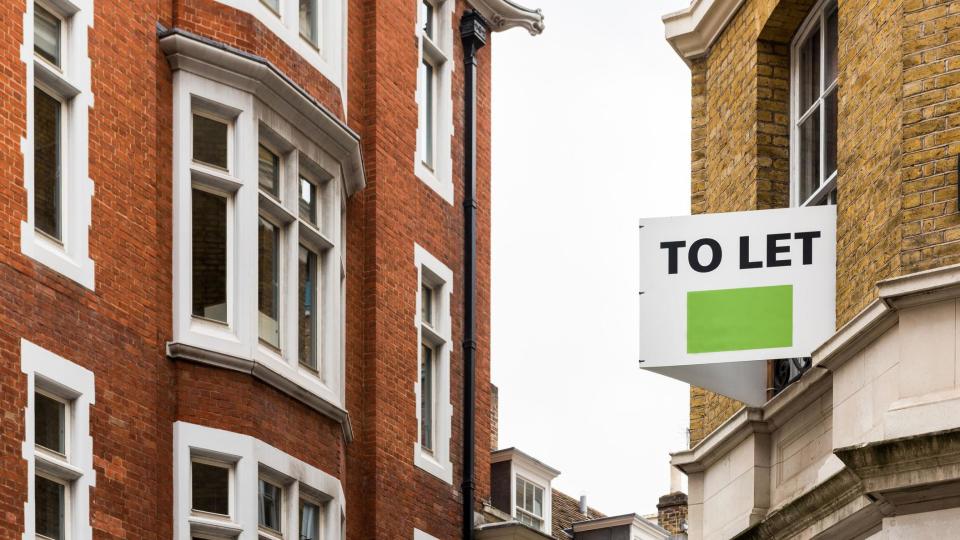
Cardiac nurse Erin Sullivan says she had to leave her flat after she also experienced a no-fault eviction.
She works in the London hospital she was born in and describes herself as a “Londoner through and through”.
The 29-year-old is now living back home with her parents which has helped her save but says it is not enough.
"I've saved enough towards a deposit for what I could borrow for a mortgage and I'm very proud,” Ms Sullivan explains.
But, she says, full ownership of a flat is out of reach on her single income.
The average price to buy a home in London is said to be £502,000 and the average salary is just over £44,000.
“I have looked at shared ownership as another option but the ones that are out there are not as affordable as people think,” Ms Sullivan adds.
There are fewer homes to go around too, says the GLA.
The number of people living in London has increased by 23% between 2000 and 2020 while the housing stock grew by 18% in the same period, figures show.
At estate agents like Olivers Town in Kentish Town, the demand is palpable.
Rodney McQuillan-Keane, lettings manager, says he “staggers” putting listings on their website day “because we wouldn't be able to deal with the volume of calls”.
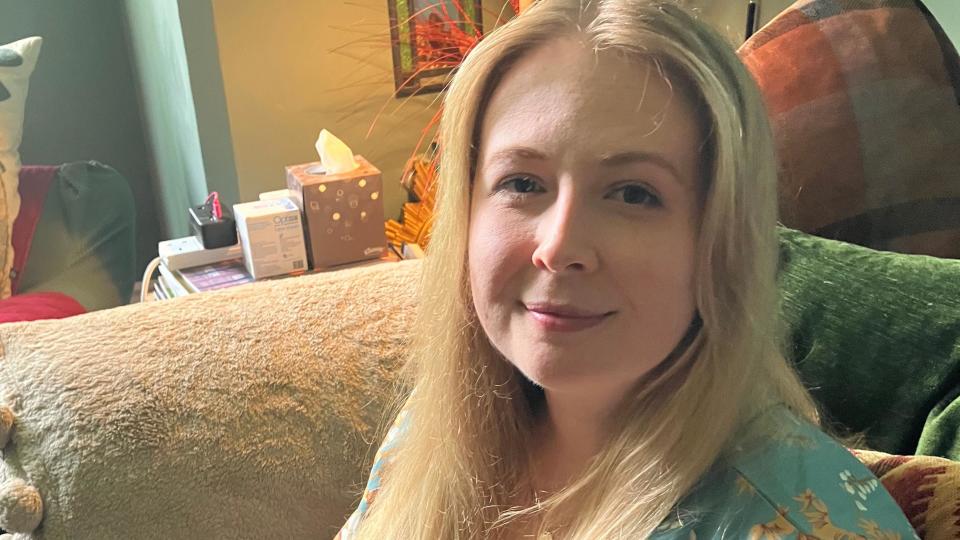
They are seeing a new trend - people bidding for rental properties.
"They are motivated by sheer desperation [because] they know they have to outbid others to secure a place," he says.
Mr McQuillan-Keane says recent government changes have also discouraged landlords, worsening the shortage, adding: "Anti-landlord rhetoric is making landlords run for the hills.”
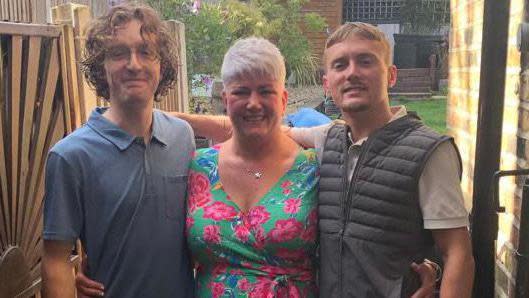
Furthermore, London tenants are spending some 35% of their income on rent in the year to March 2022, ONS figures show.
Emma Dawe-Costello, who lives in Catford, says her two sons Jack, 24 and Harry, 27, cannot afford to move out of the family home.
"They cannot afford to privately rent because the government doesn't put a cap on what landlords are allowed to charge which means its extortionate,” she says.
“It goes way over their pay grade and they don't have enough money to buy their own property because of the deposit that's now required.”
Ms Dawe-Costello says she feels like her sons are “trapped”.
"We earn a good wage as a working class family but not enough to cope with the cost of living crisis we're in,” she adds.
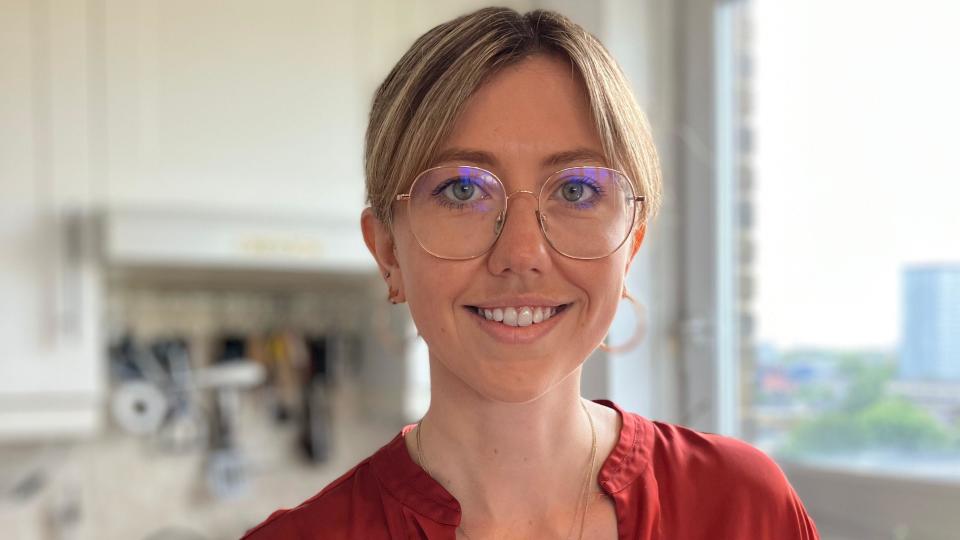
There are also long waits for social housing, provided by the local authority.
The number of households on local authority waiting lists in London sits at 323,827, compared with 181,080 in 1997, according to figures from the Ministry of Housing, Communites and Local Government.
Antonia Jennings, the chief executive of the Centre for London think tank, the capital’s housing stock has not been allowed to grow in line with population growth.
"To meet the scale of demand, we need to up the number of homes being built from 34,000 to 74,000,” she tells BBC London.
She has called on an incoming government to appoint a housing commissioner to set targets and maintain those long-term.
What are the parties promising?
The Conservative Party says it would build homes, prioritising brownfield development, and permanently waive stamp duty tax for first-time buyers of properties costing up to £425,000.
Labour says it would reform planning rules and fast-forward development on brownfield and “grey belt” land such as car parks. It also wants to extend an existing scheme, which helps people get a mortgage with a smaller deposit, and it backs more rights for renters.
The Liberal Democrats want additional social housing. They also support local authorities that want to end the "right to buy" policy for council housing, ban no-fault evictions, make three-year tenancies the default, and create a national register of licensed landlords.
The Green Party says it would invest in new social housing and bring empty properties back into use. It would set higher environmental standards for new builds and would require more affordable units. The party supports rent controls and an eviction ban.
Reform UK says it would fast-track planning, offer tax incentives for development on brownfield sites and give tax breaks to small-scale landlords. People born in the UK would be given priority for social housing.
Listen to the best of BBC Radio London on Sounds and follow BBC London on Facebook, X and Instagram. Send your story ideas to hello.bbclondon@bbc.co.uk


